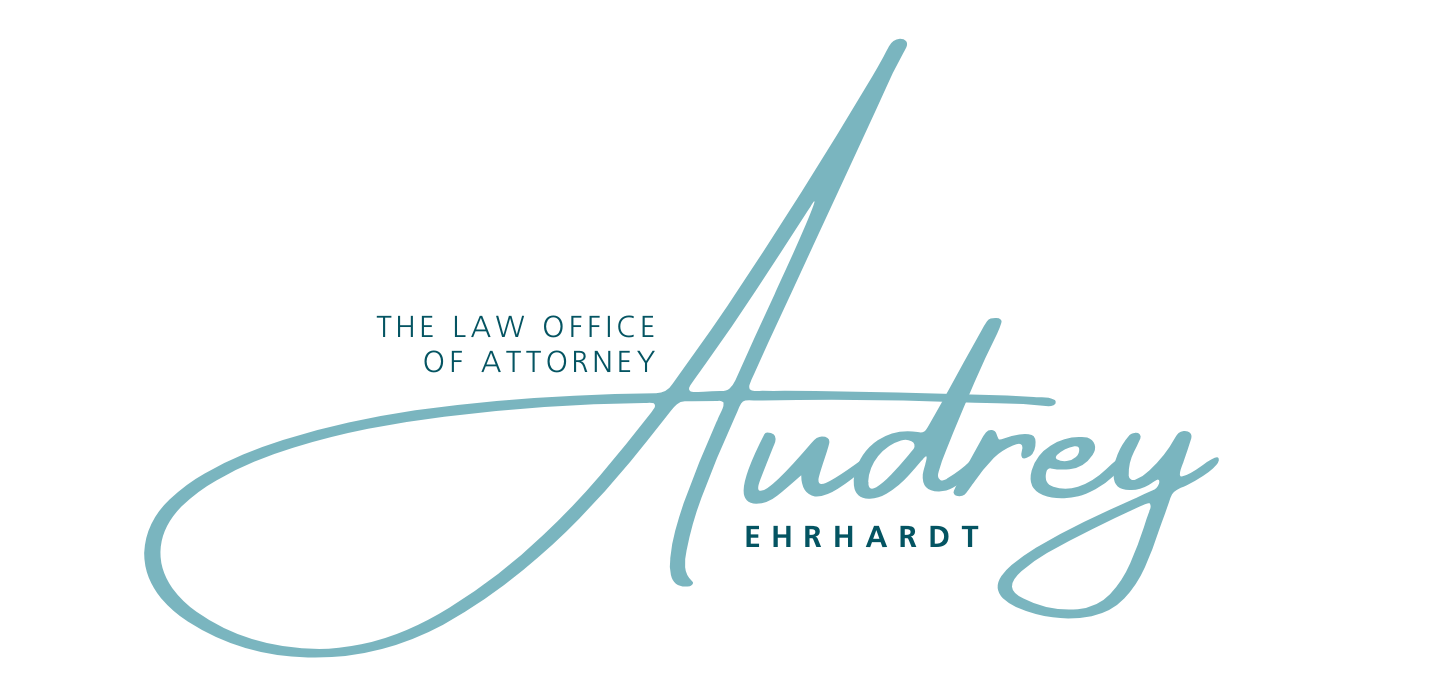When it comes to planning your estate, one of the most important decisions you will face is whether to create a will, a trust agreement, or both. Each of these legal documents plays a crucial role in ensuring that your assets are distributed according to your wishes, but they serve different purposes and offer different benefits. Understanding the differences between a last will and testament and a trust agreement is essential to making an informed decision that best suits your needs.
Did you know that a will is a legal document that outlines how you want your assets to be distributed after your death. It allows you to specify who will receive your property, name guardians for minor children, and appoint an executor to manage your estate. In Florida, a will must be signed by the testator (the person making the will) and witnessed by two individuals to be legally valid.
The key benefits of a last will and testament are:
- Simplicity. A will is a straightforward document that provides clear instructions for the distribution of your assets.
- Guardianship. If you have minor children, a will allows you to designate a guardian to care for them in the event of your passing.
- Flexibility. A will can be easily updated or amended as your circumstances change.
However, there are some limitations to consider. A will must go through probate, a court-supervised process that can be time-consuming and costly. Additionally, a will only takes effect after your death, meaning it does not provide for the management of your assets during your lifetime if you become incapacitated.
On the other hand, a trust agreement, is a legal document that creates a trust which is a separate legal entity that holds and manages your assets. There are different types of trusts, but the most common is a revocable living trust, which allows you to maintain control over your assets during your lifetime and designate how they will be distributed after your death.
When you use a trust agreement, several of the benefits include, but are not limited to, the following:
- Probate Avoidance. Assets held in a trust do not go through probate, allowing for a quicker, more private distribution to beneficiaries.
- Incapacity Planning. A trust provides for the management of your assets if you become incapacitated, ensuring that your affairs are handled according to your wishes.
- Flexibility. A revocable living trust can be amended or revoked at any time during your lifetime, allowing you to adapt to changing circumstances.
- Protection. Certain types of trusts can offer protection from creditors, lawsuits, and other financial risks.
While a trust offers many advantages, it can be more complex and costly to set up and maintain compared to a will. Additionally, for a trust to be effective, your assets must be properly titled in the name of the trust, which requires careful planning and follow-through.
Whether you should choose a will, a trust, or both depends on your individual circumstances and goals. Here are a few factors to consider:
- Size and Complexity of Your Estate. If you have a large or complex estate, a trust may offer more benefits, such as avoiding probate and providing for the management of assets during your lifetime.
- Privacy Concerns. If you prefer to keep the details of your estate private, a trust is a better option since it does not go through the public probate process.
- Incapacity Planning. If you want to ensure that your assets are managed according to your wishes if you become incapacitated, a trust is essential.
- Guardianship. If you have minor children, you will need a will to designate a guardian, even if you also have a trust.
In many cases, a combination of a will and a trust is the best approach. For example, you might use a will to designate guardians for your children and address any assets that are not included in your trust, while the trust handles the bulk of your estate planning needs.
It is important to note that Florida has specific laws governing wills and trusts, and documents created in other states may not fully comply with Florida law. If you have recently moved to Florida or are planning a move, it is a good idea to review and update your estate plan with the help of a Florida estate planning attorney. Deciding between a will and a trust agreement is a critical part of your estate planning process. Both tools have their advantages, and the right choice depends on your individual needs and goals. At The Law Office of Audrey Ehrhardt, we are here to help you navigate these decisions and create a comprehensive estate plan that protects your legacy and provides for your loved ones.
If you are unsure whether you need a will, a trust, or both, we are here to help. Schedule a free consultation with The Law Office of Audrey Ehrhardt to discuss your options and find the best solution for your estate planning needs. We are dedicated to helping you secure your future with confidence and peace of mind.







